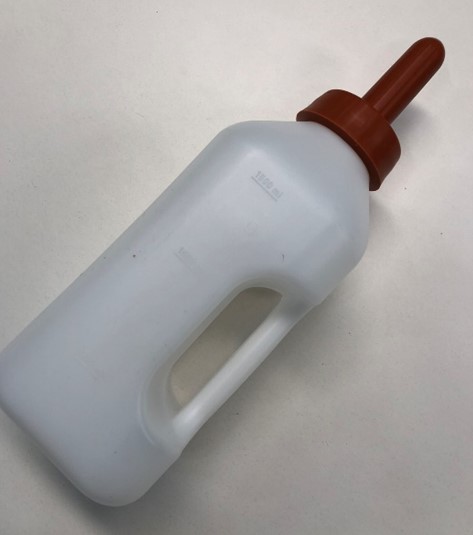Antibiotics in Sausage: Reality, Risks and Need for Control

Photo is illustrative in nature. From open sources.
In recent decades, there has been growing public concern about the use of antibiotics in the food industry, including sausage production . This raises questions about the impact on consumer health , food safety and bacterial resistance to antibiotics. Let's take a closer look at the situation.
Why are antibiotics used in sausage production?
In the sausage industry, antibiotics are often used to prevent or treat bacterial infections in livestock intended for human consumption. It can also help thicken the meat and speed up its growth, resulting in a faster product ready for sale.
Consumer health risks
1. Development of antibiotic resistance
Consumption of meat from animals that have been treated with antibiotics may contribute to the development of antibiotic resistance in bacteria in the human body. This is a serious global health threat as bacteria can become resistant to antibiotic treatment, making infections more difficult to fight.2. Possible presence of antibiotic residues in meat
If antibiotics are used in large quantities or time limits for their removal are not followed, residues may remain in the meat. This may increase the risk of allergic reactions in consumers and lead to negative health effects.Control and regulation
1. Product Safety Standards
At the global level, there are standards and regulations aimed at controlling the use of antibiotics in food production. Organizations such as the World Health Organization (WHO) and FAO are actively working to establish rules and restrictions.2. Mandatory marking
Many countries are introducing mandatory labeling of products containing meat produced with antibiotics. This warning allows consumers to be informed about the products they purchase.3. Development of alternatives
The food industry is actively researching and implementing alternative methods that do not require extensive use of antibiotics. This may include the use of prebiotics, probiotics and other innovative approaches.Conclusion
Antibiotics in sausage production raise some concerns, and monitoring their use is an important aspect in ensuring product safety and consumer health. Effective controls, regulations and the development of alternative methods can help minimize risks and provide safer products for everyone.



























































